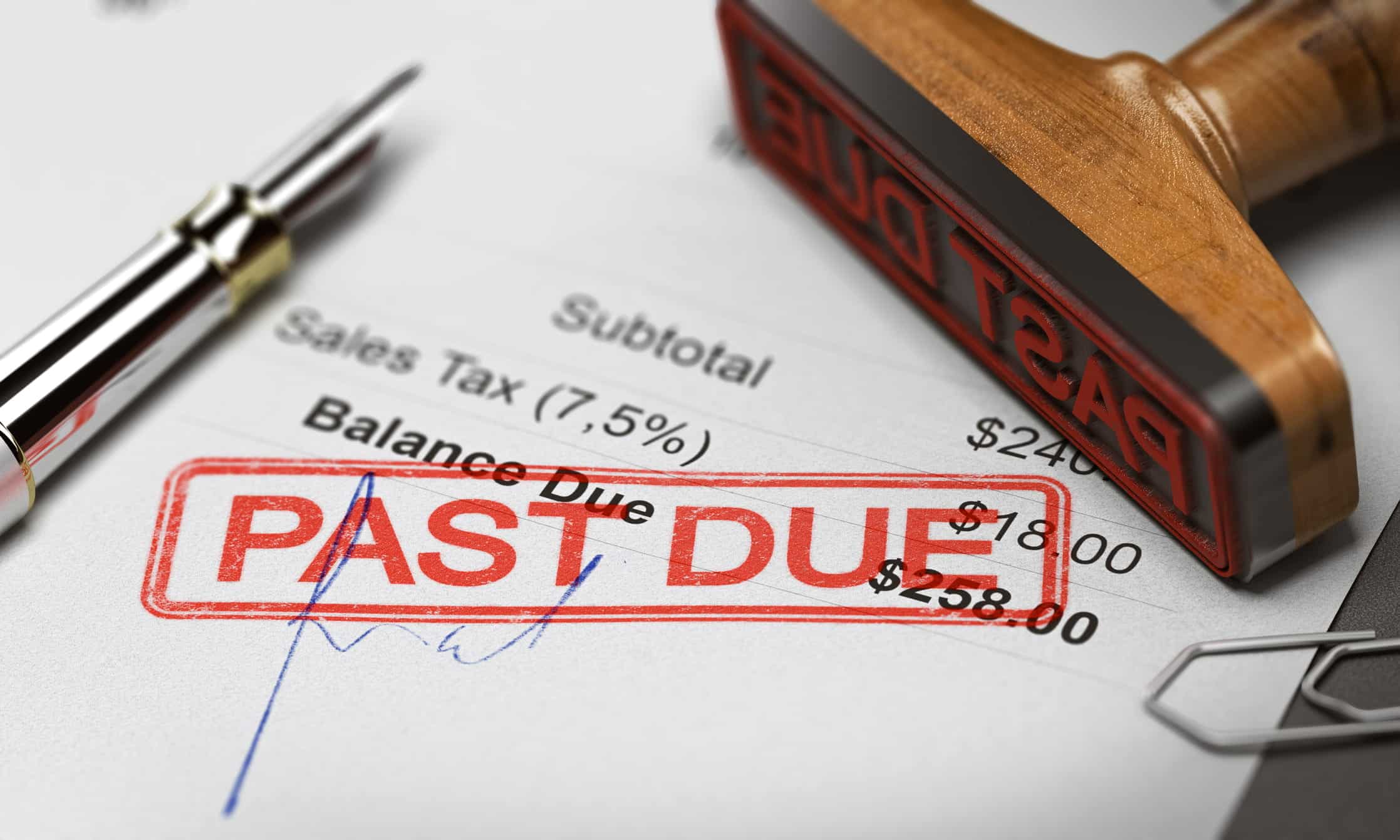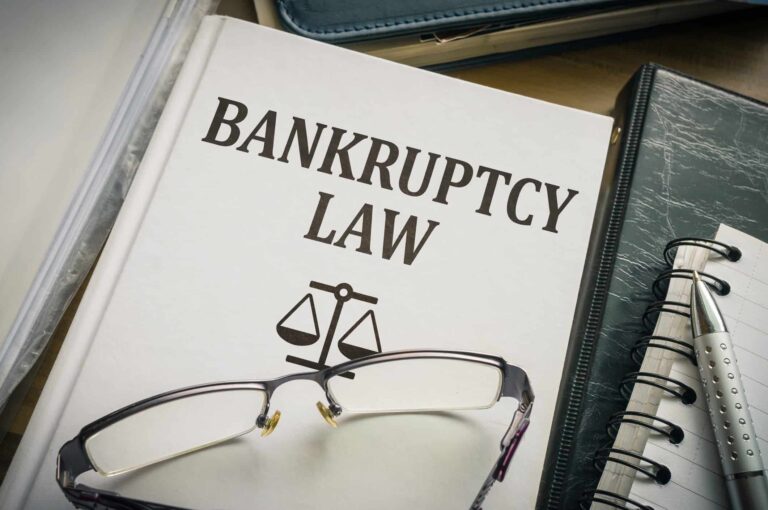Learn How to Deal with Debt Collectors

There’s no shame in owing a little bit of money, but if you’re behind on paying your debts you might find yourself the target of borderline harassment by debt collection agencies. The good news is that you still have rights. Read ahead to find out more information about the Fair Debt Collection Practice Act (FDCPA) and how to deal with debt collectors.
What is the FDCPA?
Whether your creditors are trying to “encourage” your payment through a collection agency, corporate collections department or an attorney, the FDCPA is a law that defines what collections entities can and cannot do in the attempt to recoup their funds.
What Debt Collectors Can Do
In order to collect your debt, collectors may need to ascertain some key contact information for you, including your place of employment, current residence, and your phone number. To get this, they may contact a relative or a business. However, debt collectors are not allowed to discuss your debt with anyone other than you (or sometimes your spouse or attorney). They cannot call your boss and tell him/her that you don’t pay your bills.
Debt collectors cannot contact you anytime of the day or night. The FDCPA stipulates that they cannot call you before eight in the morning or after 9 pm in your time zone. If you inform them that you cannot take calls at work, they will not be able to contact you there either.
What Can’t Debt Collectors Do?
Debt collectors are legally forbidden from harassing you or your associates or lying to you. Harassment could be a vague term, but the FDCPA has laid out the rules pretty carefully. Some of their rules include:
- Debt collectors cannot threaten to harm you or use profanity.
- Debt collectors cannot call you repeatedly.
- Debt collectors cannot publish your name except to a credit reporting agency.
- They cannot misrepresent either their own identity, the name of their company or the amount of your debt.
- Collectors cannot send you documents that look like official government releases.
How to Deal with a Debt Collector

If you believe a debt collection entity has violated the law attempting to collect their debt, there are some crucial steps to take. You should report them to your state Attorney General’s office as well as the Federal Trade Commission. If you would like to pursue further action, as in the case of harassment, you can sue the debt collector within one year of violation. If you win, they will have to pay damages which might include lost wages, attorney’s fees and court cases. Unfortunately, winning a lawsuit does not forgive your debt.
If you enjoyed this article, you might also like:
Cancer Can Lead to Bankruptcy
Debt Consolidation or Bankruptcy?
Repairing Your Credit Score After Bankruptcy






